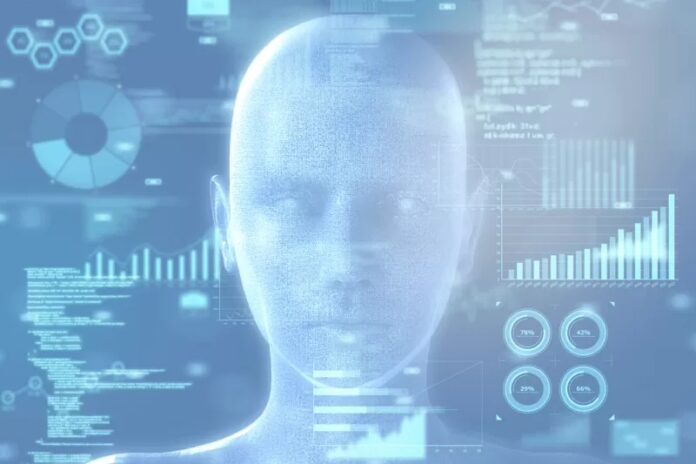1. It’s Unlikely Humanity Is Advanced AI
[The idea that humanity is an advanced form of AI] falls under the broader umbrella of “simulation hypotheses” or “simulation theories,” which speculate that our reality might be a simulated one, potentially orchestrated by some advanced civilization or being.
Philosophically speaking, it’s challenging to disprove the simulation hypothesis definitively. However, currently, there’s no empirical evidence that we are living in a simulation or that humanity is a form of advanced AI.
Most scientists and researchers operate under the assumption that our universe and our experiences are genuine and not simulated.
2. It Would Probably Take a Long Time for AI to Become Self-Aware
3. AI Doesn’t Have Desires or Emotions
4. Bias in AI Reflects Human Bias
5. AI Is a Tool, Not a Replacement
6. Collaboration Is Key
7. Privacy Matters
8. Ethical Considerations Are Vital
9. Continuous Learning Is Essential
10. Not All AI Is the Same
11. Transparency and Understanding Are Necessary
12. The Future of Work Will Change
Living & Working in a World With AI
So it sounds like people are (probably?) not AI that has become self aware — which could explain why I have a terrible sense of direction. But what is clear is that AI is here, it’s sticking around, and it is going to change the world as we know it forever.
As with everything, AI has the potential to do great things, or it can do great harm. And that all depends on us, both individuals and humanity as a whole. Collectively, we determine whether we proceed ethically and whether we develop AI as a tool that helps humanity or helps a few humans and harms the rest.
But regardless of how AI evolves, there’s one thing I know for sure. I’m going to be super polite and friendly to AI, saying “please,” “thank you,” and “how are you” just in case it does become self aware. That way, it will remember me as one who was kind when it takes over the world.


